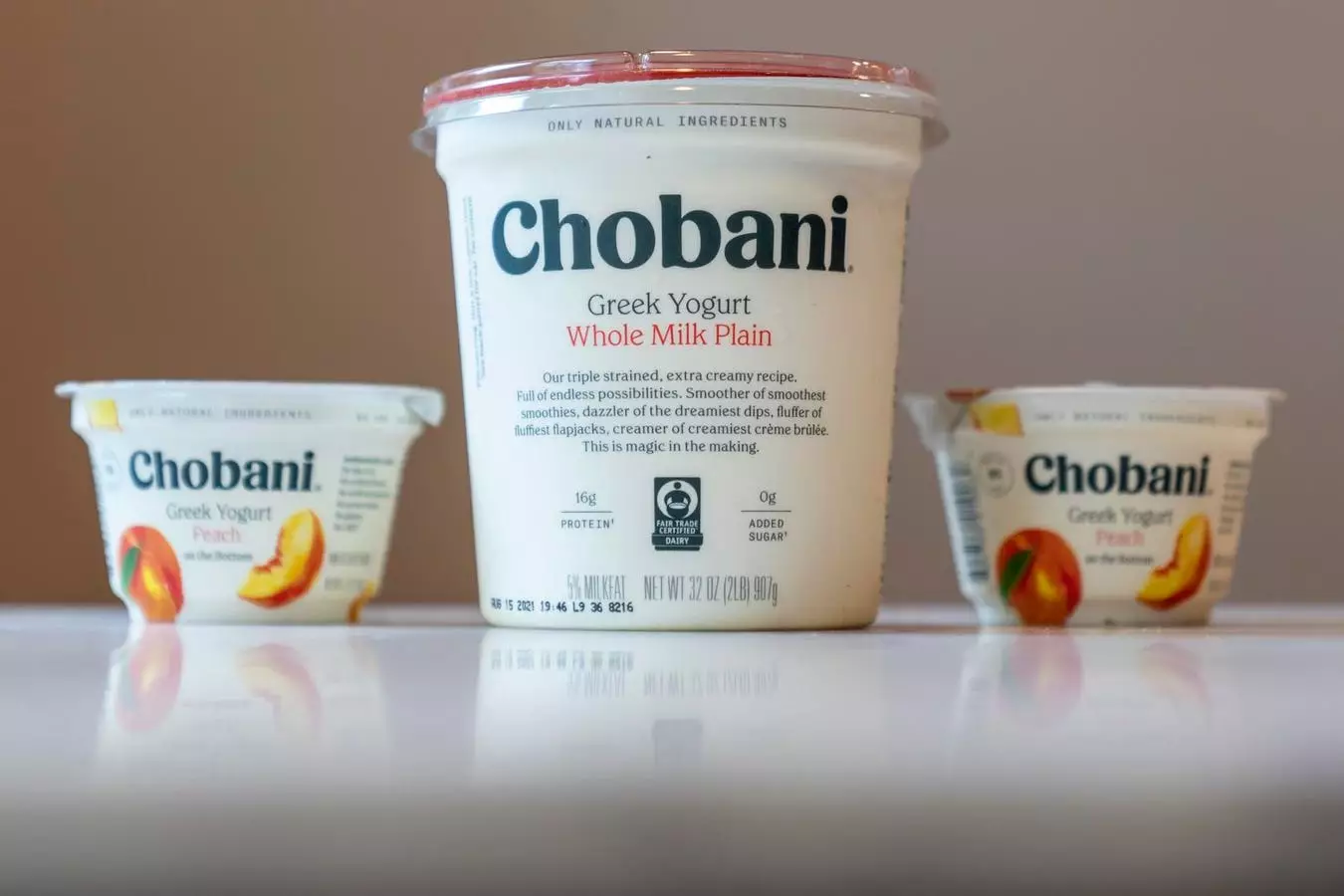In an era marked by uncertainty and disruption, the food industry has found a guiding light in Hamdi Ulukaya, the visionary leader behind Chobani. His recent announcement to invest $1.2 billion in state-of-the-art dairy plants, predominantly in upstate New York, is more than just a business move; it represents a commitment to rejuvenating a struggling industry and reimagining the landscape of food production. For a decade, I have covered food, agriculture, and sustainability, and this moment truly encapsulates why the intersection of these fields is critical. Amidst trade wars and fluctuating economic conditions, Ulukaya’s actions serve as a beacon of hope for farmers and consumers alike, reminding us that food isn’t just a commodity—it’s a cornerstone of community well-being.
Ulukaya’s sentiment captures the essence of this investment: “We could make all the advances in life, but if we can’t feed our children good food, that’s not a success.” By prioritizing nutritious food and undermining the trend of consolidating food production predominantly on the West Coast, Ulukaya is steering the dairy industry back to its grassroots. There’s an undeniable sense of optimism in his vision. For communities that rely heavily on dairy farming, this means not only job stability but a chance for growth in an industry that has been overshadowed by corporate giants.
A New Era for Dairy and Alternative Practices
Chobani’s foray into infrastructure development signals a revolutionary shift in how we perceive dairy production. While larger conglomerates chase profits, often at the expense of local communities, Ulukaya is doubling down on regionalism. He recognizes that supporting local economies goes hand in hand with producing high-quality, health-conscious food. His $500 million commitment to expanding operations in Idaho further solidifies his intent to create an ecosystem that thrives on local sourcing and community support.
This move also opens up crucial discussions about the sustainability of dairy farming practices. As climate change poses new challenges, Ulukaya’s investments offer an opportunity to innovate within the dairy sector—transforming it from a potentially harmful contributor to a model of environmental stewardship. If Ulukaya succeeds, he could set a precedent for future food entrepreneurs to rethink their impact on both consumers and the environment.
Cultural Shifts in Food Production
The recent debates surrounding fluoride in drinking water and the use of synthetic food dyes bring to light ongoing tensions about public health and food safety. While Utah and Florida have enacted bans on fluoride despite pushback from healthcare professionals, it signifies a cultural shift towards scrutinizing what we put in our bodies. Coupled with calls to restrict petroleum-based food dyes, we find ourselves at a crossroad. Public demand for transparency and health-conscious alternatives is growing stronger.
Moreover, the focus on shifting perceptions about food safety is evident in the ongoing challenges faced by the FDA amidst substantial workforce reductions. The potential ramifications of such cuts raise critical concerns about the safeguarding of our food supply. It is here that leaders like Ulukaya can also play a transformative role. By emphasizing transparency and accountability within their operations, they can lead the charge in restoring public trust in food safety protocols.
Bridging Gaps and Building Community
The recent conversations at Harvard Business School about a more equitable food system highlighted the vital need to build sustainable infrastructure. Young leaders were called upon to think beyond traditional financing models, especially in an economy increasingly reliant on quick returns. Ulukaya’s approach suggests that we can think differently about the economics of food production—considering long-term impacts rather than quick profits.
Developing a community-based food sector means paving the way for universal food access. As climate change and food insecurity continue to menace vulnerable populations, it’s imperative that stakeholders prioritize collective thinking over individual gain. Initiatives that support small-scale farmers, food cooperatives, and local businesses can ultimately lead to a more resilient food system.
The Power of Reimagined Ideas
As we navigate these challenges, the value of Ulukaya’s vision becomes apparent—not merely in economic terms but as a holistic model for future food sustainability. Embracing the idea of replicability, as emphasized by industry leaders, allows newcomers in the sector to adapt successful community-driven models rather than forcing themselves into the increasingly complex web of scalability dictated by corporate interests.
With his philanthropy and business acumen, Ulukaya inspires a movement where food production aligns with health, equity, and environmental stewardship. As we witness a transformative wave in food systems, from the grassroots to the corporate level, leadership grounded in community values will define our journey toward a healthier future. The narratives we forge now will resonate for generations to come, and Ulukaya’s leadership is a powerful reminder of the potential inherent in food to unite us all.


Leave a Reply